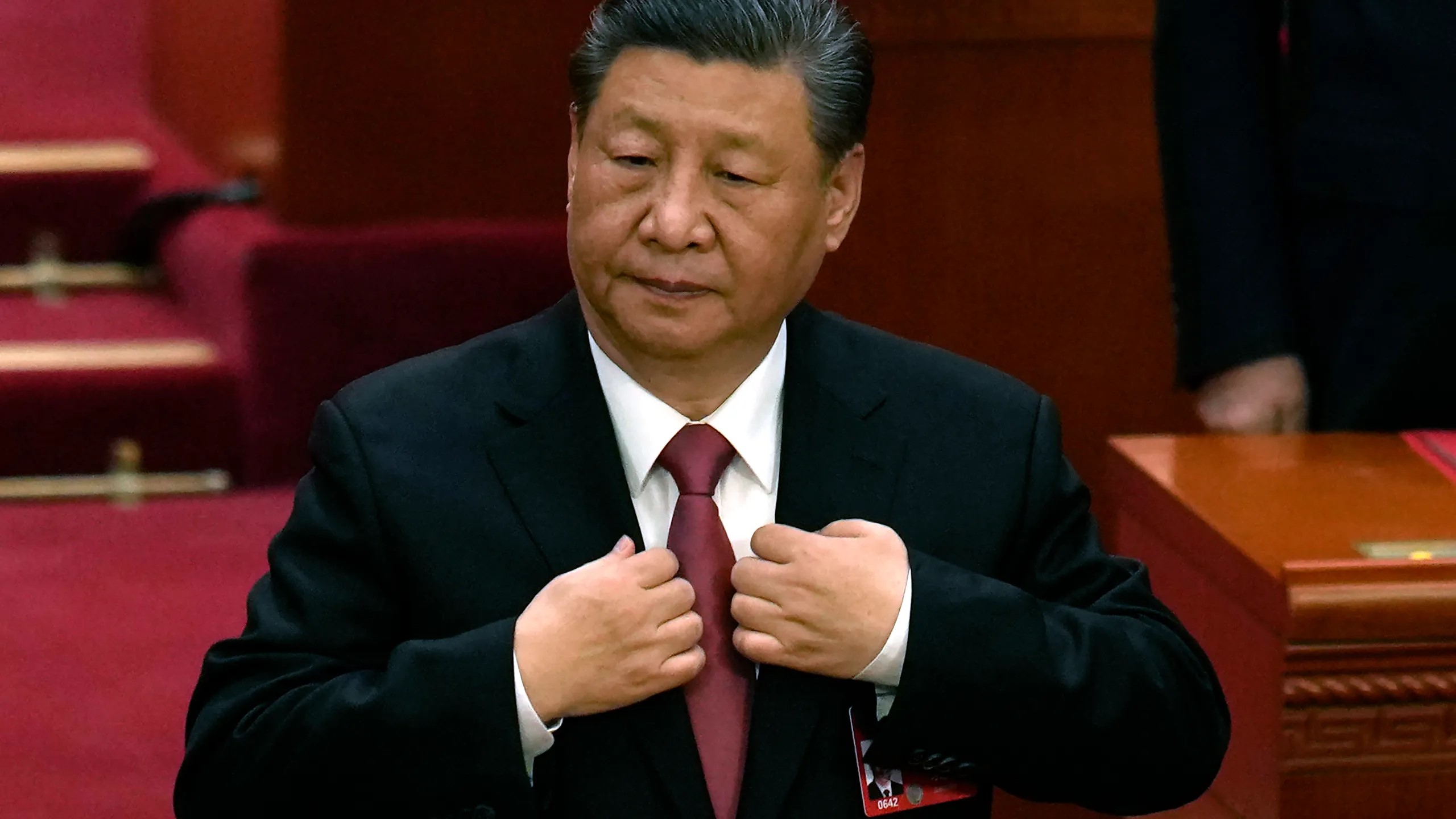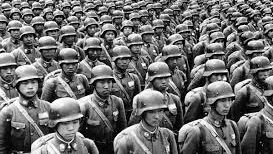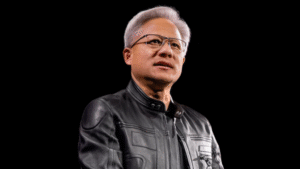Xi Jinping’s long-awaited return to Europe unfolds against a backdrop of shifting geopolitical tides and evolving dynamics in global affairs. Rewind to his 2019 visit to Italy, where he was greeted with lavish receptions and Italy’s embrace of China’s Belt and Road initiative signaled a burgeoning partnership. Fast forward to the present, and Xi’s reception is markedly different, reflective of the growing skepticism and tensions surrounding China’s role in international relations.
Touching down in France, Xi steps into a continent grappling with a myriad of challenges, from economic grievances to geopolitical uncertainties. Recent actions by the European Union, including trade probes and investigations into Chinese companies, underscore a growing wariness towards China’s economic practices and strategic ambitions. Moreover, concerns over China’s deepening ties with Russia amid the conflict in Ukraine have further complicated Europe’s stance on Beijing.
Xi’s itinerary is laden with diplomatic significance, offering him opportunities to engage with key European leaders and address pressing issues. Meetings with Emmanuel Macron and Ursula von der Leyen provide platforms to navigate thorny topics such as trade imbalances and supply chain security. However, amidst divergent views within Europe on how to approach China, Xi faces the challenge of reconciling competing interests and perceptions.
Beyond economic considerations, Xi’s visit also intersects with critical geopolitical issues, including Europe’s response to the war in Ukraine. As China seeks to position itself as a mediator in the conflict, concerns over its ties with Russia and export practices add layers of complexity to diplomatic discussions.
As Xi traverses through France, Serbia, and Hungary, the varying receptions he receives reflect the multifaceted nature of China’s relations with Europe. In Serbia and Hungary, where Chinese investments have made significant inroads, Xi aims to bolster bilateral ties and showcase the benefits of cooperation. In essence, Xi’s European tour underscores the intricate interplay between diplomacy, economics, and geopolitics in shaping international relations. As he navigates through a landscape marked by uncertainty and shifting alliances, Xi’s ability to navigate complexities and build bridges will be pivotal in shaping the future of China-Europe relations.









